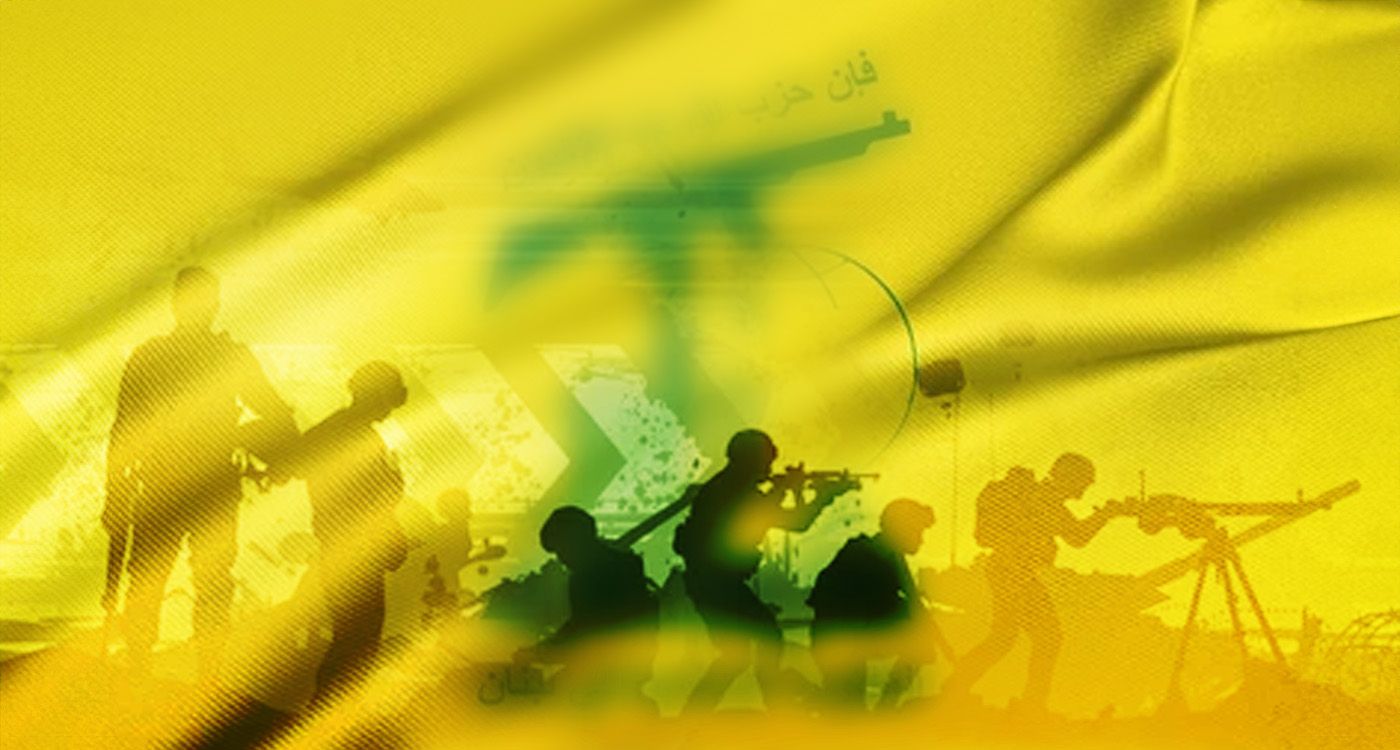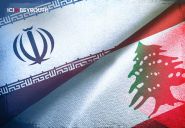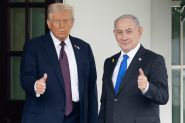
Many in Lebanon and beyond are still grappling with what President Joseph Aoun meant when he spoke of integrating Hezbollah members into the army or security forces. Yet, his message was clear, “We do not want to replicate the Popular Mobilization Forces model in Iraq.” In other words, Lebanon’s leadership is not prepared to absorb Hezbollah’s military units—along with their weapons and ideological framework—into the army, nor to recognize them as an auxiliary force.
Lebanese officials familiar with Hezbollah’s military structure, arsenal and infrastructure say the only viable path forward is for the group to disband, surrender its weapons to the army—or dispose of them by other means—and fully disclose all its military facilities. These include various ground-to-ground missile bases, anti-ship and surface-to-air missile systems, as well as facilities used to manufacture weapons, drones, missiles and explosives. Hezbollah’s internal security apparatus would also need to be dismantled, with all technological assets handed over to the state. Only after this process is complete would its members be eligible to apply for enlistment in the army or security forces, on the condition that they undergo extensive retraining to ensure their loyalty lies exclusively with the Lebanese state.
This path is unlikely to materialize unless Hezbollah agrees to voluntarily relinquish its weapons, something the group continues to firmly reject. This stance was reaffirmed in recent statements by Deputy Secretary-General Naim Qassem and senior official Wafiq Safa. Which raises the crucial question: What does Hezbollah actually want?
First and foremost, the pro-Iranian party seeks to reaffirm its enduring ties with the Islamic Republic of Iran, which has invested billions of dollars in the group and its military infrastructure. As a result, Hezbollah cannot act independently with Iranian assets, over which Tehran retains ultimate authority. To this day, Iran maintains steadfast support for Hezbollah and its arsenal, as consistently underscored by senior Iranian officials, including Supreme Leader Ayatollah Khamenei.
Secondly, the party is determined to retain the remaining surplus power it wields within Lebanon, using it as a tool to intimidate other religious communities and political factions. This enables the group to preserve its influence, control and capacity for intervention. When the time comes for Iran to authorize the severing of political, military and religious ties with Hezbollah, the group expects to leverage its weapons to extract political concessions domestically.
However, Hezbollah’s assessments may not align with those of the Americans, Israelis, as well as the Arab and international communities, or the overwhelming majority of Lebanese. These parties view Hezbollah’s acceptance of UN Security Council Resolution 1701 and the ceasefire agreement as an implicit recognition of the need to disarm, as neither document grants Hezbollah the right to maintain a military role. As a result, the group’s insistence on retaining this role would be seen as a violation of the ceasefire and a failure to adhere to Resolution 1701. Such actions would carry significant repercussions, including the risks of renewed conflict, delays in reconstruction and the potential for unwanted internal Lebanese issues.
The recent positions taken by Hezbollah officials have made it evident that the group, whether willingly or unwillingly, has chosen not to pursue the reconstruction of what was destroyed during the support war. Moreover, Hezbollah has entangled Speaker of Parliament Nabih Berri in rejecting the ceasefire agreement, the implementation of Resolution 1701 and related resolutions. The group is once again attempting to drag the state, the army and the Lebanese people into a new, reckless venture by falsely claiming their support for its military actions. Notably, Hezbollah has never consulted these parties regarding decisions on war or expansion beyond Lebanon. What is particularly alarming in this situation is that Hezbollah is fully aware of the American messages it has received since the outbreak of the support war and understands their potentially devastating implications. Yet, it continues to act in direct defiance of them, seemingly leading itself, its supporters and the entire country down a path of self-destruction.




Comments